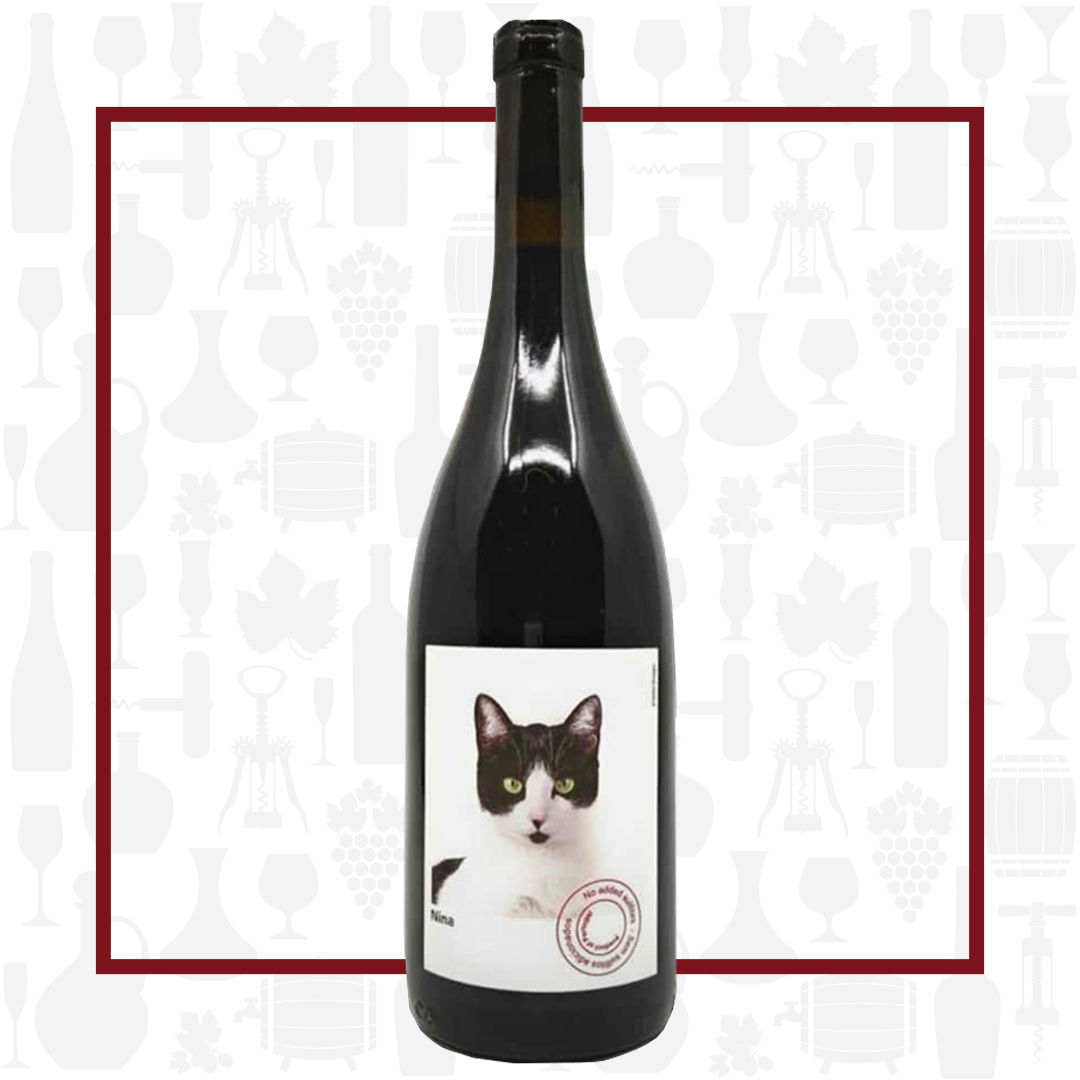Cellar Profile
Antonio Lopes Ribiero and Sara Dionisio left their steady jobs in the art world in Lisbon and moved back to Mouraz, Antonio’s birthplace where his family has had vineyards for many generations. The land had been farmed organically before, and that’s how Sara and Antonio wished to continue. Making wine in their tiny winery, adjacent to the local village church and just a stone’s throw away from the house Antonio was born in, they have deep generational ties to their village, Mouraz, and its terroir. In the cellar, there is a marriage of old and traditional, with modern approaches. Gentle pressings, natural yeast starters, long lees contact in the wine and minimal handling are the time-honored practices. Stainless steel tanks with temperature control and pneumatic presses represent the modern improvements. The results are clear: fresh and pleasurable wines with pure expressions of the older grape vines from which they were sourced and distinct transparency to the terroir they have grown up on.
Region
Perhaps surprisingly, only 5% of the Dão is under vine. Often planted in forest clearings and surrounded by mountains on three sides, the high elevations and relatively low temperatures here create a slower ripening process, resulting in wines of great acidic character. The region takes its name from the river, along which most of the vineyards are planted.
Vineyard
This 60-year-old vineyard is 100-400 metres above sea level and planted with both red and white grapes, predominantly Portuguese varieties. Farming is done biodynamically, with special care given to preserve the natural environment surrounding the vineyards.
Winemaking
After hand-harvested fruit is brought to the vineyard, all the varieties are vinified together. Utilizing traditional foot stomping in concrete vats, spontaneous fermentation occurs using indigenous yeasts. The wine is then pressed into stainless steel vats for 5 months of aging before bottling. Chestnut flowers are used as a natural alternative for stabilization, keeping this “Natural” wine clean and stable. This is a traditional “Palhete” blend where white and red grapes are grown and harvested together in the same vineyard. This is a style that has become increasingly popular in recent years.
Varieties
A field blend of over 20 grapes, 50% white and 50% red, almost all of which are autochthonous to Portugal’s Dão region. Throughout the Old World, you’ll find vineyards planted with a scattershot of grape varieties, often with no record outlining what is where. Modern vineyards are almost always planted strategically in variety plots based on a number of factors. Grapes from field blends are usually picked together and co-fermented, a further point of difference from today’s practice of separate pick dates and fermentations.
Tasting Notes
Brilliant, pale ruby red in the glass. The nose is explosive with raspberry, sour cherry and currant notes interwoven with a wet stone minerality. The palate is light-bodied, zesty and refreshingly vibrant, with cranberry, raspberry, red licorice and a touch of fresh garden herbs. There is a “sweet-tart” nature to this wine that makes it thirst-quenching and eminently quaffable. Chill lightly and enjoy with grilled salmon, pork tenderloin, roast chicken or as a contemplation wine with good company.

